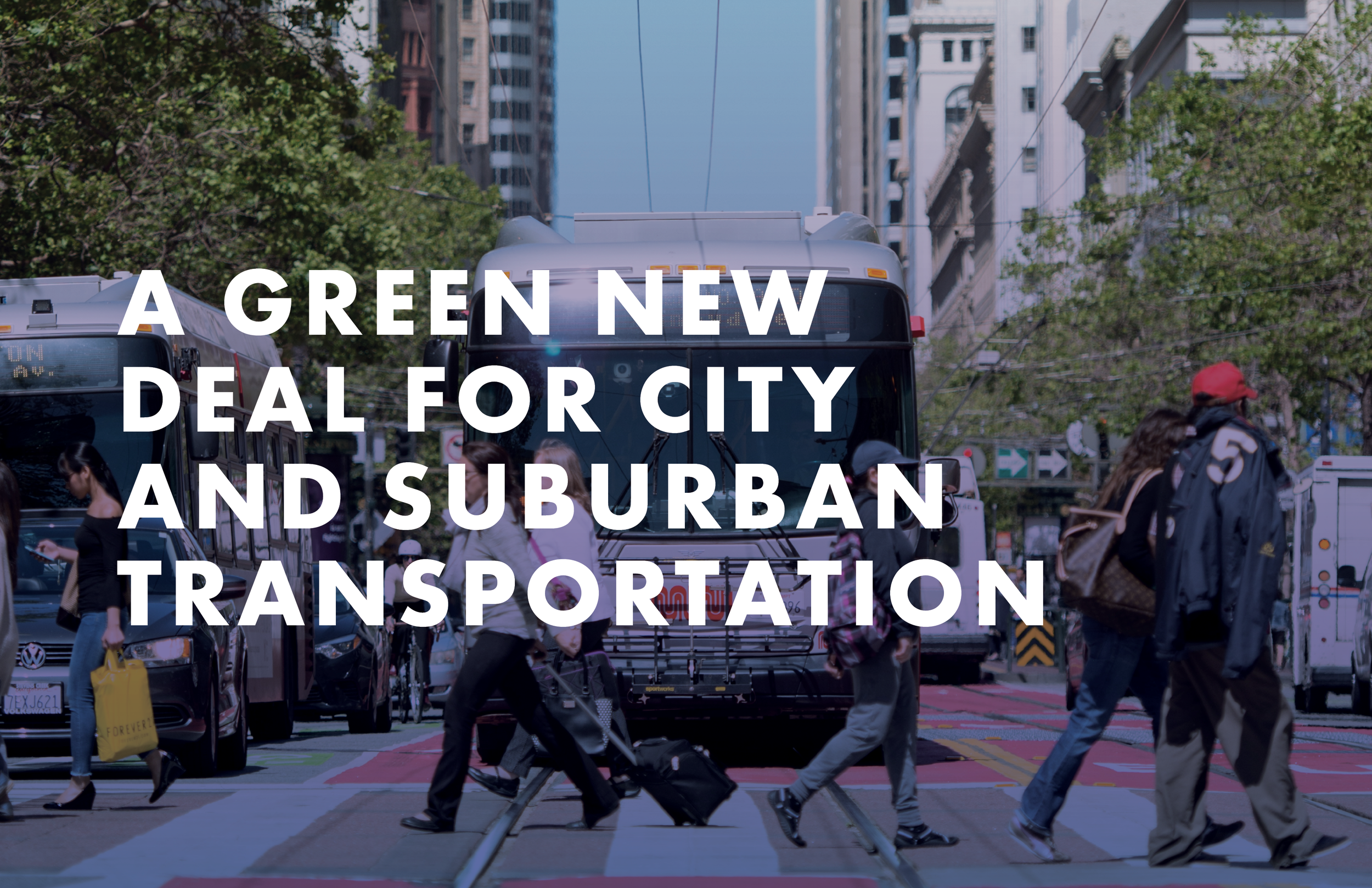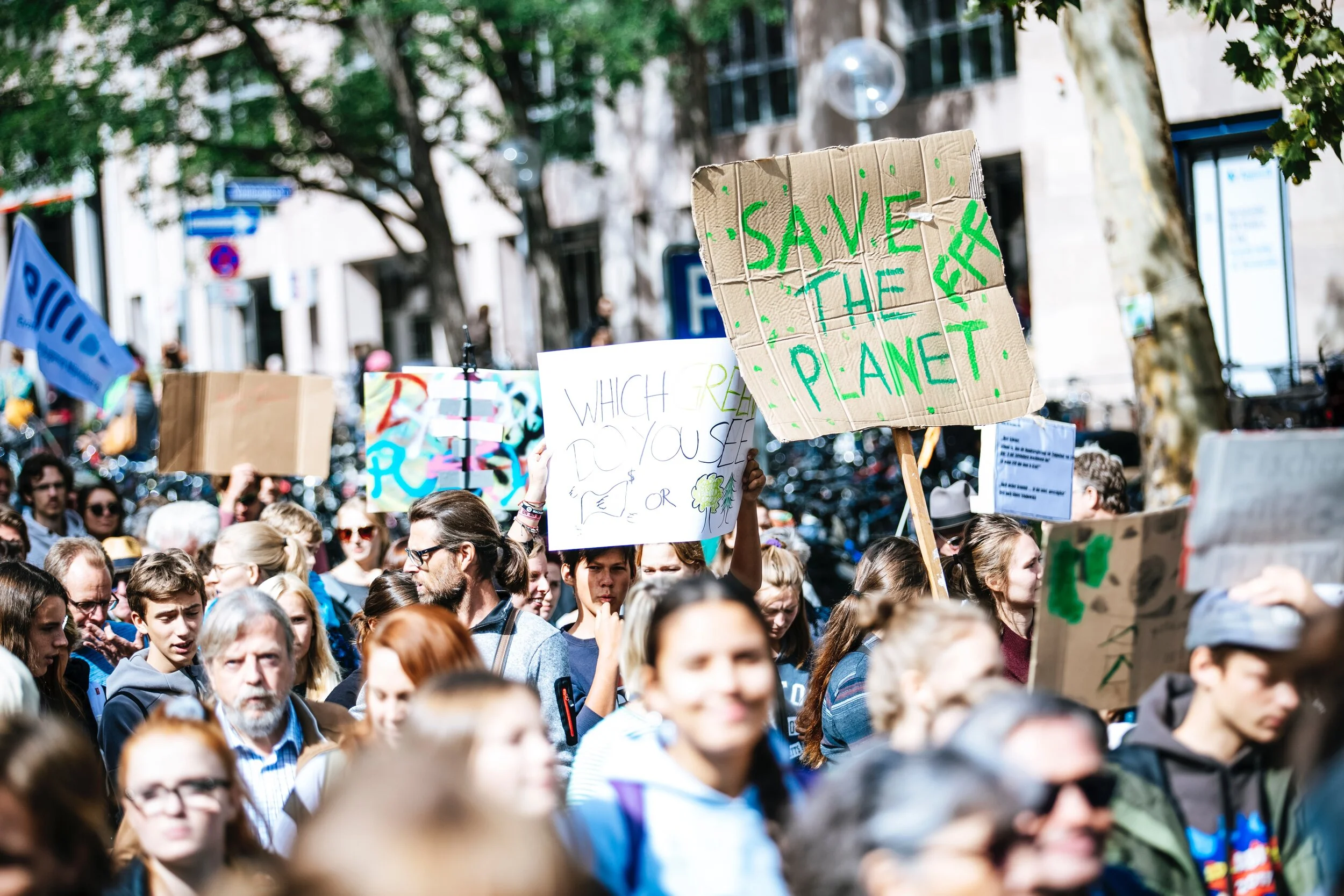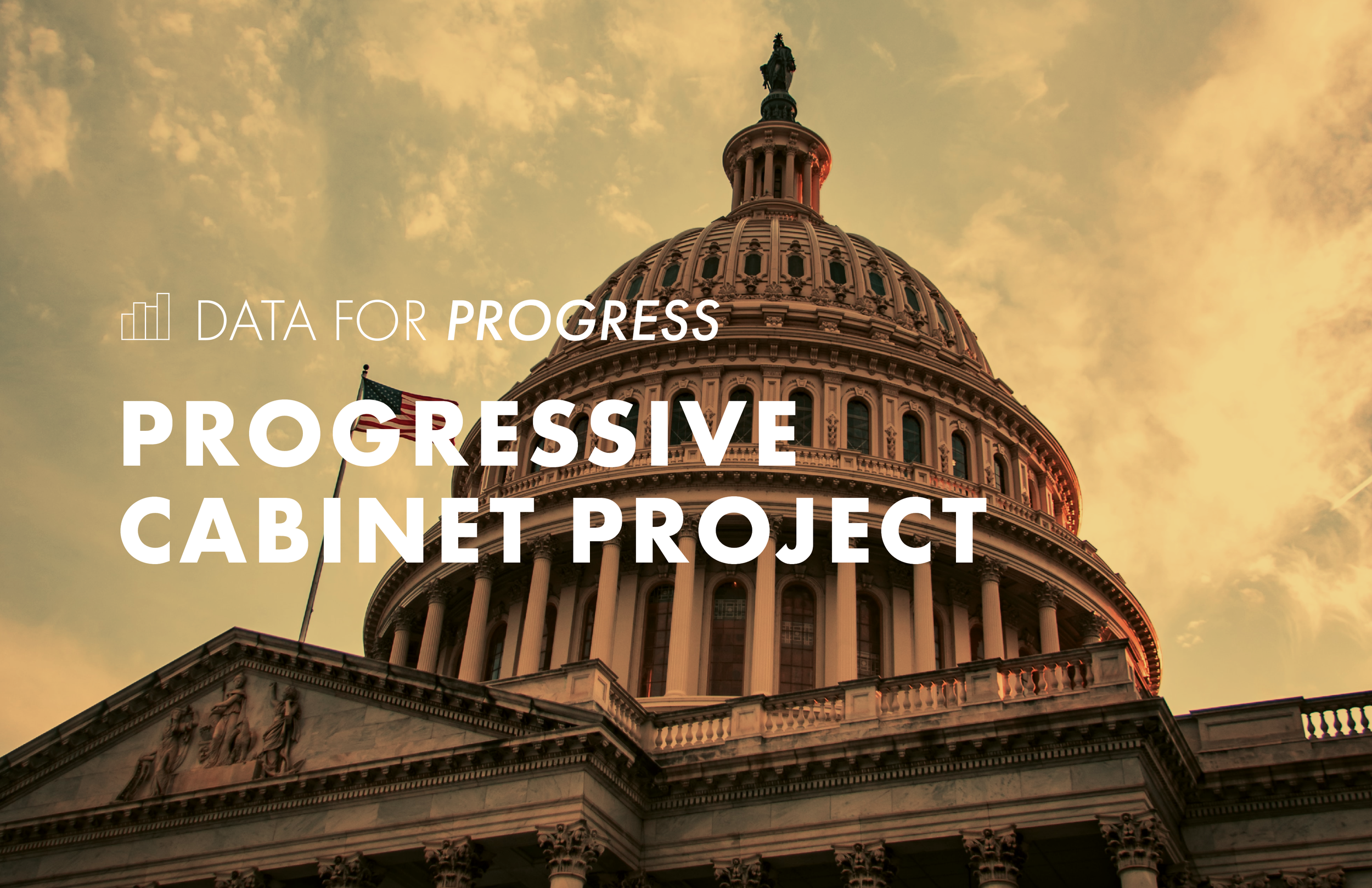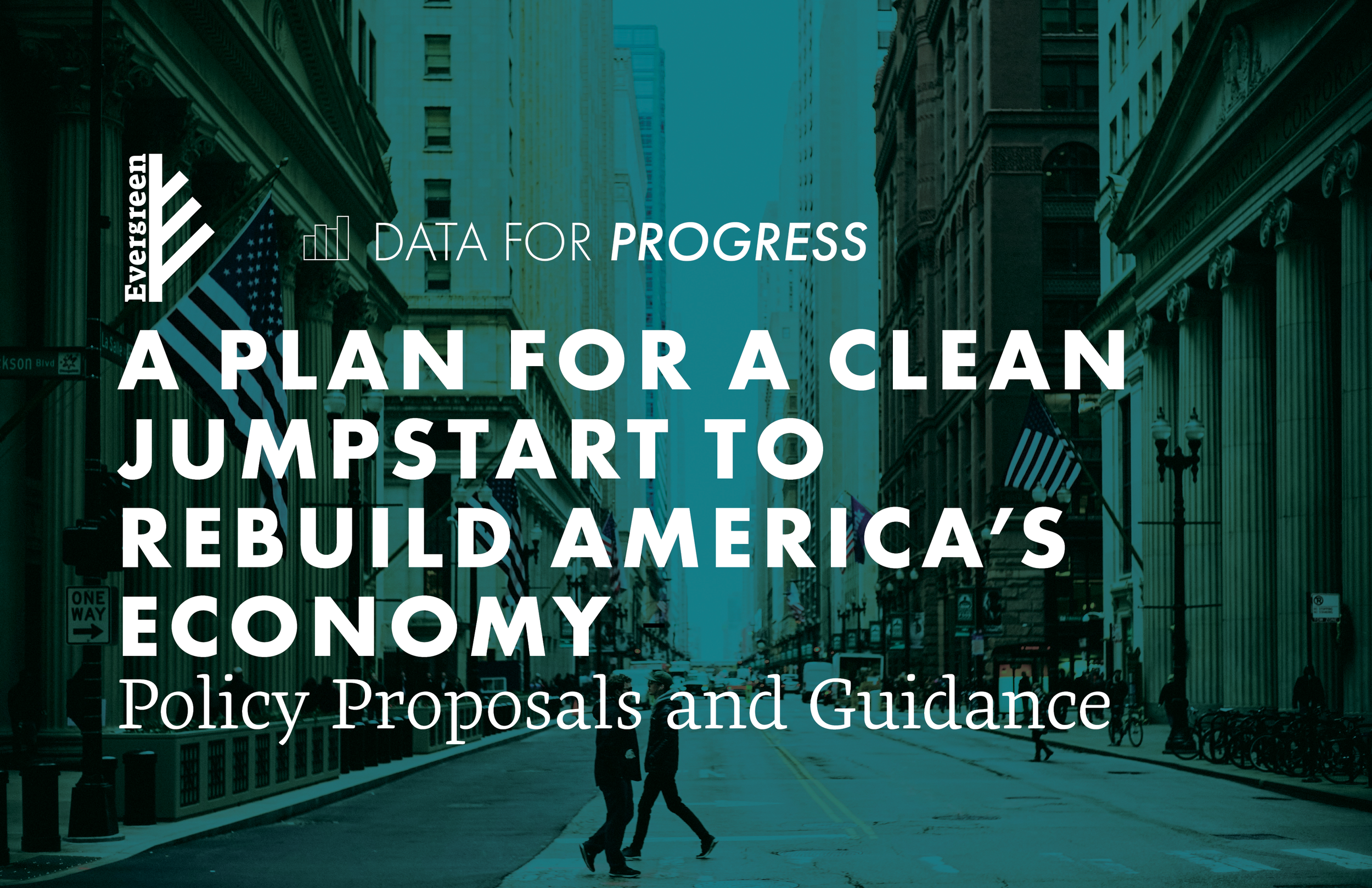A Green New Deal for City and Suburban Transportation
Steven Higashide, Billy Fleming, Hayley Richardson, Emily Mangan, Scott Goldstein, Ben Fried, Ashley Pryce, Natalee Rivera, Daniel Aldana Cohen, Xan Lillehei, Katie Lample, Nick Graetz, and Julian Brave NoiseCat
Federal transportation policy is broken. American communities are suffering as a result.
The U.S. transportation system is both an enormous source of carbon emissions and a major contributor to inequality. Access to safe, affordable, and reliable transportation is a fundamental right, yet most Americans are denied this right because of misguided federal transportation policies and funding priorities.
The overwhelming majority of federal transportation spending is allocated for roads, leaving limited funds available for more sustainable modes like transit, walking, and biking. As a result, fewer than 10% of Americans currently live within walking distance of frequent transit. The collective “sidewalk gap” in U.S. cities easily adds up to tens of billions of dollars, and the Americans with Disabilities Act mandate to make streets accessible remains unfunded, leaving too many people isolated in their homes. Our roadways are designed to move vehicles at the highest speeds possible, with devastating consequences. More than 35,000 Americans die in automobile-related accidents every year, and pedestrian fatalities have increased by 35 percent in the past decade. Americans are spending longer than ever in their cars - and taking on unsustainable levels of debt to pay for those cars. These realities are treated as a necessary part of the American transportation system, but it doesn’t have to be this way.





